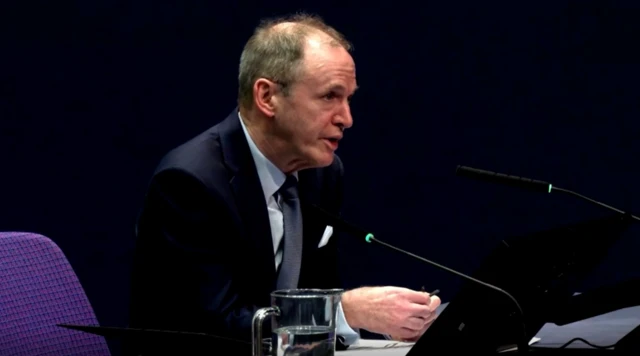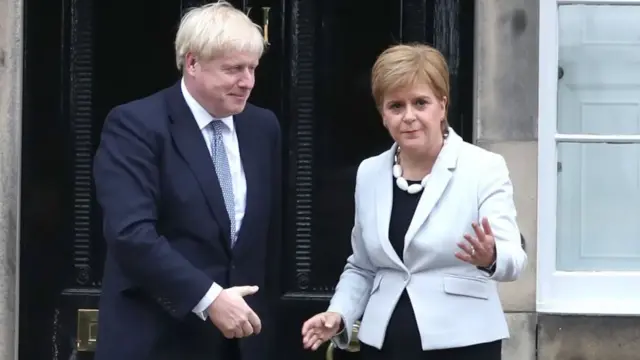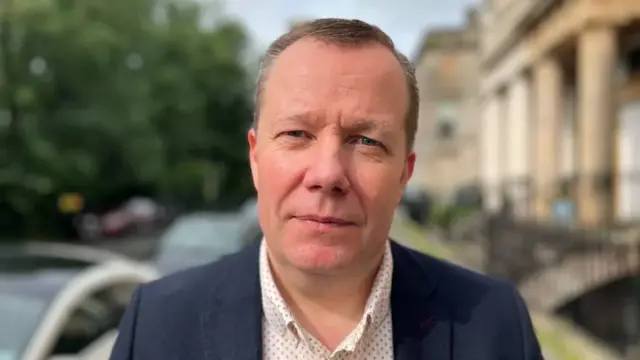How the UK government defended 'Stay Alert' advice amid backlashpublished at 14:11 Greenwich Mean Time 19 January 2024
In May 2020, the UK government's coronavirus message changed from "stay at home" to "stay alert", amid widespread criticism.
PM Boris Johnson announced the slogan for England, telling people to "stay alert, control the virus, save lives", ahead of his national address.
Scotland, Wales and Northern Ireland stuck with "stay at home".




